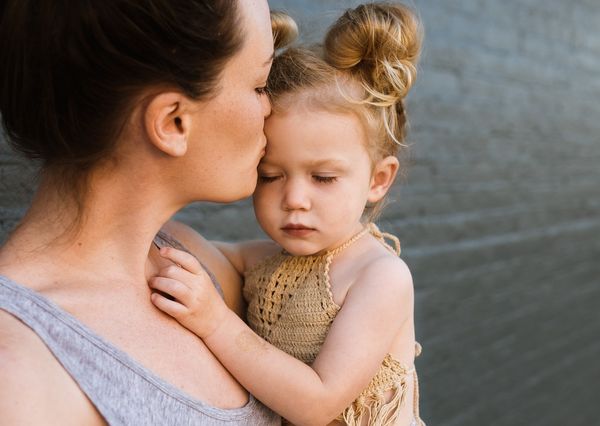Understanding the Emotional Layers of Frustration

Life is full of unpredictable moments, and sometimes, our reactions to these moments can be just as unpredictable. We've all been there - reaching for a cup of coffee, only to knock it over, spilling hot liquid everywhere. In these moments, our primary emotion of frustration can quickly fragment into secondary emotions like guilt, embarrassment, and anger.
Guilt: The Unwanted Parenting Partner
We've all experienced guilt, especially as parents. Guilt often rears its head when we believe we've done something wrong or could've acted differently. It's that nagging voice saying, "If only I had been more careful, this wouldn't have happened." Guilt can be a draining emotion, particularly when it leads to self-blame.
Embarrassment: The Uninvited Guest
Embarrassment is another secondary emotion that can stem from frustration. This emotion often surfaces when we feel like we're under a microscope, being judged by others. It's the feeling of wanting to disappear when your child throws a tantrum in the middle of the supermarket.
Anger: The Blame Game
Anger is a potent secondary emotion that can be directed towards others. It's when we start pointing fingers, blaming our spouse for leaving their coffee mug precariously close to the edge of the table, or blaming our children for being too noisy and distracting us.
We've all experienced these secondary emotions, and sometimes, they can all appear in a single day. They're a natural reaction to frustration, but they can be difficult to manage and release. That's why understanding and acknowledging these emotions is crucial.
Embracing the Unpredictability of Life
Life is unpredictable, and so is parenting. No matter how hard we try to do everything right, there will be moments when things go wrong. It's important to remember that it's okay. It's okay if your child accidentally spills their drink, or if you forget to pack their favorite toy for a road trip. These moments of frustration are a part of life.
In those moments when my frustration morphs into anger, I take a step back and remind myself - it's not about finding someone to blame. It's about accepting that things don't always go as planned.
Nurturing Self-Compassion
When frustration strikes, it's important to practice self-compassion. Instead of getting caught up in secondary emotions, take a deep breath and remind yourself, "It's okay. Things don't always go as planned."
P.S. Remember, it's okay to sigh when things go wrong. It's a simple, yet powerful way to release frustration. Let's breathe through these moments of frustration together, because remember, life isn't always predictable.



